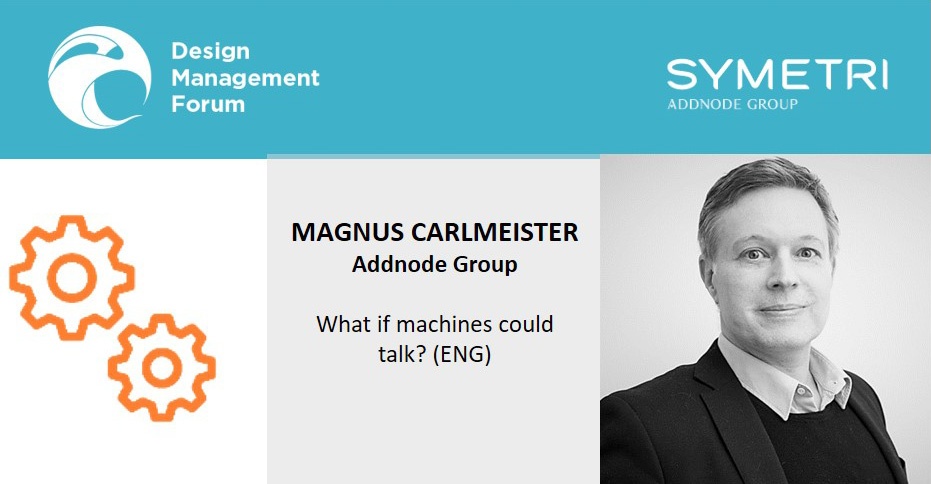What an inspiring question. Digitalisation has enabled machines to collect data, process, analyze and share it with people. When machines are sharing information, they are connected and we use the term Industrial Internet of Things to describe that technology.
What makes sense is the "voice", which in this case not the sound, but the text that people can read, like, comment, share and act upon. Does this sound familiar? I believe yes as that is the way people are communicating in social media today. What if the machines become part of that media? Would that make a difference? I also believe yes, since the "voice" is the knowledge and values only if it is shared.
Knowledge is a collective intelligence that bridges the gap between makers and users of the machine. Knowledge can also become an asset that companies can commercialize. Commercialized knowledge is called Digital Services.
Join Design Management Forum 24-25 April in Stockholm and learn more about the Industrial IoT, disruption, Future of Manufacturing and how to keep your company competitive!





